To raise chickens on your micro-farm, you must consider several factors, including housing, breeds, and purpose.
However, one critical factor that is often overlooked is how long chickens live — it’s not as simple a question as you might think though.
For instance, chickens can live up to 10 years under ideal conditions, provided you choose the right breed, to begin with. However, this does not apply to meat birds since their lifespans are more or less fixed based on their intended use.
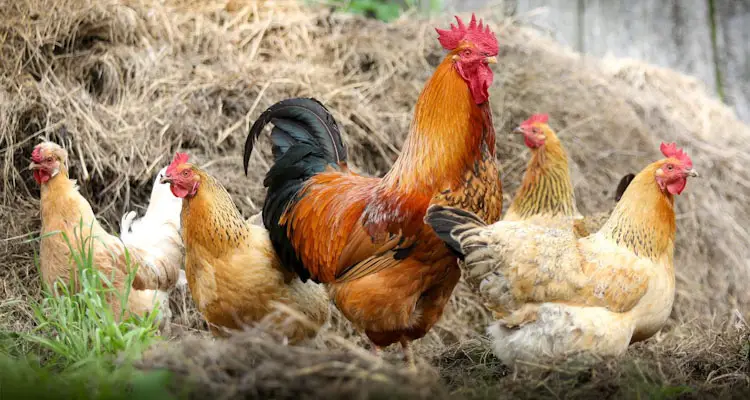
Nevertheless, the life expectancy of your birds will drastically affect your operation costs, particularly the cost of maintaining your flock in the years following their peak productivity.
In this post, we will learn about some factors that affect how long chickens live and consider tips to get the most out of your flock.
How Chicken Breeds Affect Life Expectancy
You’d be forgiven for thinking that a chicken is a chicken, especially since some poultry associations still do not agree on the total number of poultry breeds.
For instance, the Australian Poultry Standard details around 60 breeds, while the Brits suggest it’s closer to 93 species.
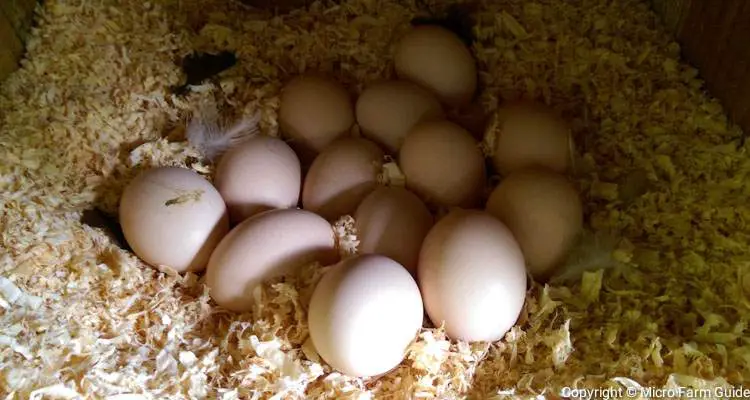
In short, there are many different chicken breeds, and like other breeds such as in dogs, each has its own life expectancy range.
Layer hens, for instance, have been bred to lay roughly one egg a day, while wild chickens may only lay 24 their entire life.
This excessive laying places a considerable burden on their health, resulting in a relatively shorter lifespan, which can be made worse due to the conditions under which they are grown.
How Chicken’s Life Expectancy Is Affected By The Environment
The conditions under which chickens are raised vary considerably. I’m not going to debate the difference between farm-raised and factory chickens.
You’d be surprised how dramatically the living conditions differ from individual systems.
Moreover, we must also consider the industry, as some chickens will be raised to a certain age and then slaughtered en masse, skewing life expectancy statistics.
Furthermore, industrially farmed chickens are far more susceptible to certain genetic defects that often expedite their demise.
However, backyard chickens can be a different story!
How Long Can Backyard Chickens Live?
Chickens on a micro-farm typically fall into the “backyard birds” category.
These chickens are kept more as pets than as production animals, and if they’re well cared for, they can outlive all other chickens.
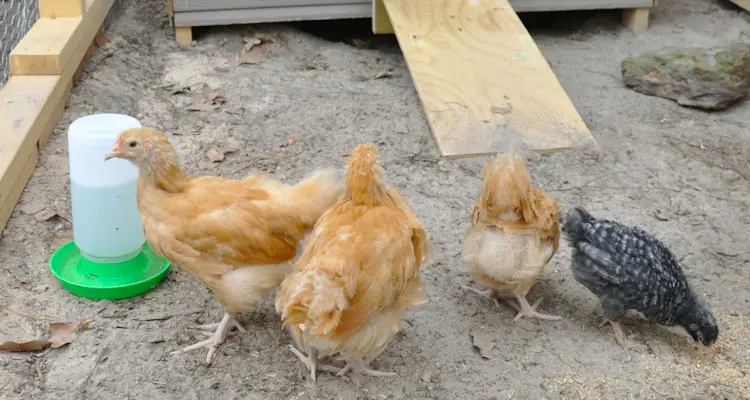
Give a backyard chicken quality food; robust, clean, and spacious shelter; protection from predators; and access to veterinary care; they might live for up to a decade or more.
What About Wild Chickens?
Although wild chickens don’t have a specific lifespan, it is estimated that they may live between three and seven years, depending on the breed. This is much longer than the average farm or factory chicken.
However, in the wild, they face many of their own troubles. For example, food must be foraged and is often scarce. Predators such as foxes and snakes lurk in the shadows, waiting for an opportunity to strike.
Wild chickens are also responsible for finding shelter and creating their own nests. Despite their resourcefulness, they’ll never have a comprehensive defense against the elements like their backyard cousins.
In light of this, they are unlikely to live for 10 years. Their quality of life in the wilderness far exceeds that of chickens raised in all forms of captivity, nonetheless.
How Long Do Farm And Factory Chickens Live?
Two industries have stakes in raising chickens in the US: the meat industry and the eggs industry.
Chickens raised for their meat are known as broiler chickens and live a short life — we’re talking roughly 47 to 60 days.
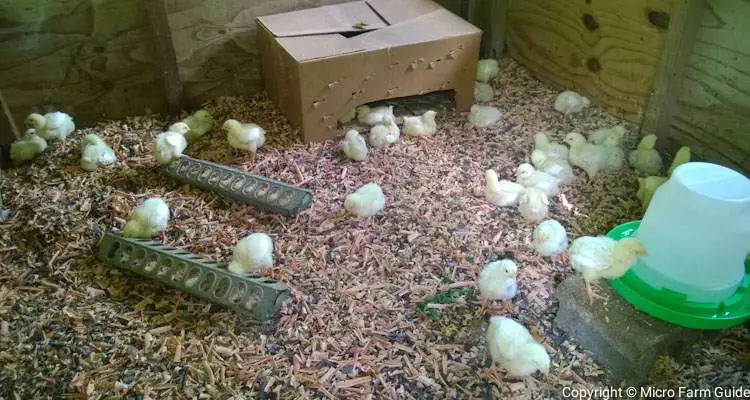
At this stage, they’re commonly gathered and processed via several techniques, some outright inhumane.
Laying hens, on the other hand, tend to live for between 18 and 24 months before the egg industry considers them weak layers and sells them off to the meat industry for slaughter.
Chicken Lifespan And Gender
As I mentioned earlier, the gender of a chicken, alongside the industry, will often determine its lifespan, except for broiler chickens.
Both sexes will be slaughtered within the stipulated timeline in the meat industry.
In contrast, male and female chicks are separated mere hours after hatching in the egg industry.
The females will be raised as layer hens, while the male chicks are terminated. In some instances, a rooster survives and is shipped.
The manner in which chicken is treated in factories has been much debated for decades. However, it is seen as a necessary evil in the attempt to provide enough food to feed the world.
Chickens In Industrial Housing
Most industrial laying hens are kept in battery cages that measure roughly the same size as an A4 sheet of paper. This small space restricts movement and discourages many of the chicken’s natural tendencies.
This is usually justified by statistics showing improved efficiency and lower disease risk. However, in recent years evidence contrary to these statistics has emerged.
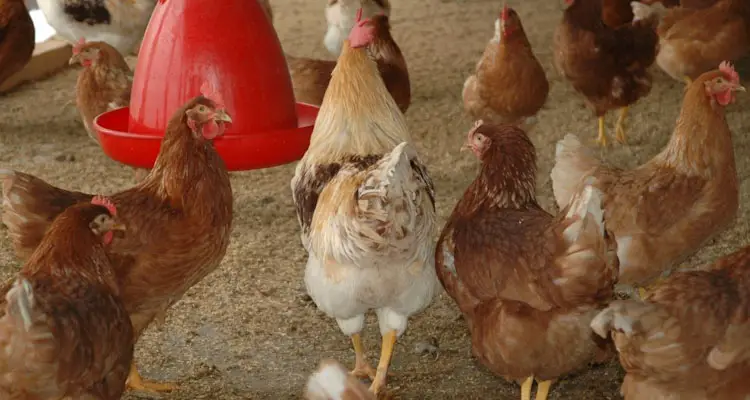
For example, it is easy to find images and videos showing birds living in miserable cramped living spaces filled with feces and suffering skeletal and muscular disorders in these industrial houses.
Due in part to these concerns, there have been attempts to create more favorable living conditions and harvesting techniques. The technology is still in the early stages but are welcomed nonetheless.
Final Thoughts
There you have it! Chickens have a life expectancy that may span a few hours to 10 years, with an exceptional example of one famous chicken who lived to an incredible 16 years of age.
It mostly boils down to the breed and quality of life. Like any living thing, chickens that are well cared for live the longest.
And if you’re interested in micro-farming, you must provide the best possible conditions for your flock to thrive.
References
University Of Wisconsin-Madison. Life Cycle Of A Laying Hen. livestock.extension.wisc.edu. Accessed October 2022
PennState Extension. Successfully Raising a Small Flock of Laying Chickens. extension.psu.edu. Accessed October 2022

